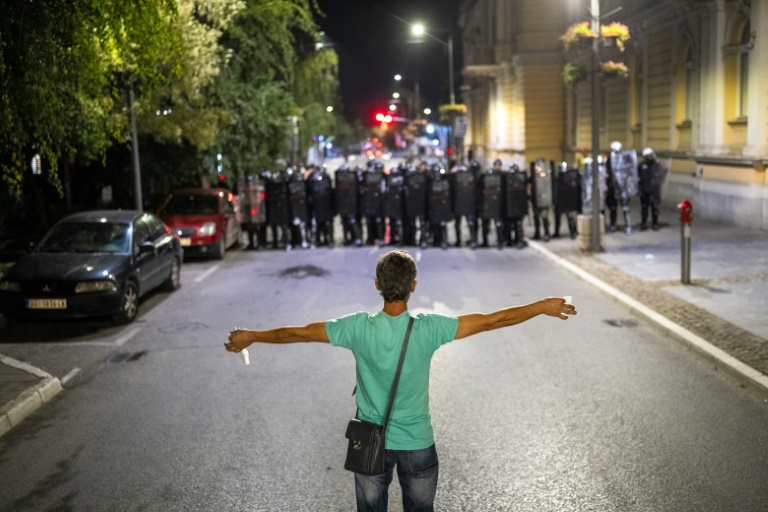“Trust me, it’s paradise.” That’s how Leonardo DiCaprio’s character describes Southeast Asia in the 2000 cult classic “The Beach.” The region is a wonderland of white-sand beaches, tropical landscapes, vibrant cities and delicious street food.
But there’s trouble in paradise. China is menacing Southeast Asia, making the region dangerous for its inhabitants. China’s Xi Jinping sees the area—home to 700 million people across 11 countries—as his backyard, belonging in the “Sinosphere” of influence. He has been flexing his muscles to make this clear.
In April, Chinese coast guard officials took control of Sandy Cay, a disputed reef in the South China Sea claimed by the Philippines. This was the latest in a series of similar seizures. For more than a decade, Mr. Xi has been asserting territorial claims over reefs and islands across Southeast Asian waters. His goal is to turn them into outposts of Chinese military power.
Take the Paracel Islands off the coast of Vietnam, on which China has built 20 outposts, complete with fighter jets, cruise missiles and radar systems. Or take the Spratly Islands west of the Philippines, where China has seven outposts. Nuclear-capable bombers have reportedly been spotted flying overhead.
China also puts pressure on Southeast Asia in subtler ways. It has waged disinformation campaigns across the region, pushing pro-Beijing narratives and seeking to sway elections. The Philippines in particular has been called a “petri dish” for Chinese disinformation.
Southeast Asian nations aren’t doing much to protect themselves from China. With the exception of Singapore, they invest little in defense. Indonesia, the world’s fourth most populous country with 280 million people, spends only 0.7% of its gross domestic product on defense. Malaysia spends 0.9%. Vietnam and the Philippines, which bear the brunt of Chinese aggression, muster only 1.7% and 1.4% respectively.
By contrast, North Atlantic Treaty Organization member states recently pledged to cough up 5% of GDP on defense. That includes countries such as Greece and Albania. Southeast Asian countries have no excuse not to follow suit. They need to spend more on defense—and soon.
Southeast Asian nations must show China that they aren’t pushovers. What if the Chinese navy tomorrow tried to disrupt shipping routes in the Strait of Malacca, a narrow waterway wedged between Indonesia and Malaysia through which some 30% of annual global trade passes?
Asian nations couldn’t count on the U.S. to intervene if China disrupted this trade route or otherwise overstretched its hand in the region. Neither Indonesia nor Malaysia would be able to defend against Chinese predations. If Southeast Asian countries had bigger military budgets, however, it would establish deterrence and make Mr. Xi second-guess his plans.
Former Singaporean Defense Minister Ng Eng Hen recently pointed out that the new world order is “based on size and influence, based on power.” The only way to safeguard sovereignty in such a world is to become mighty. “Strong fences, and I would add, defenses, make good neighbors,” said Mr. Ng.
Spending on defense would also boost Southeast Asian economies. Some nations in the region—including Vietnam, Malaysia, Indonesia and the Philippines—lack a strong domestic economic foundation, are especially vulnerable to President Trump’s tariffs, and rely heavily on exports and foreign investment.
Higher military spending would be a game changer for such economies. As has been the case with other countries, building a strong security sector would drive innovation and entrepreneurship. Before long, the benefits would spill over into the wider economy. As Palantir CEO Alex Karp argues in “The Technological Republic” (2025), Silicon Valley’s early growth was largely fueled by investments from the U.S. military.
A bigger defense sector in Southeast Asia would also be a boon for the U.S. American firms could benefit from lucrative arms contracts. The U.S. government could strengthen alliances in a critical region, meaning more leverage over China. And American tourists could continue to visit this paradise for decades.
Mr. Scheers is a defense analyst from Malaysia. Mr. Zenou is a historian specializing in the Cold War.


